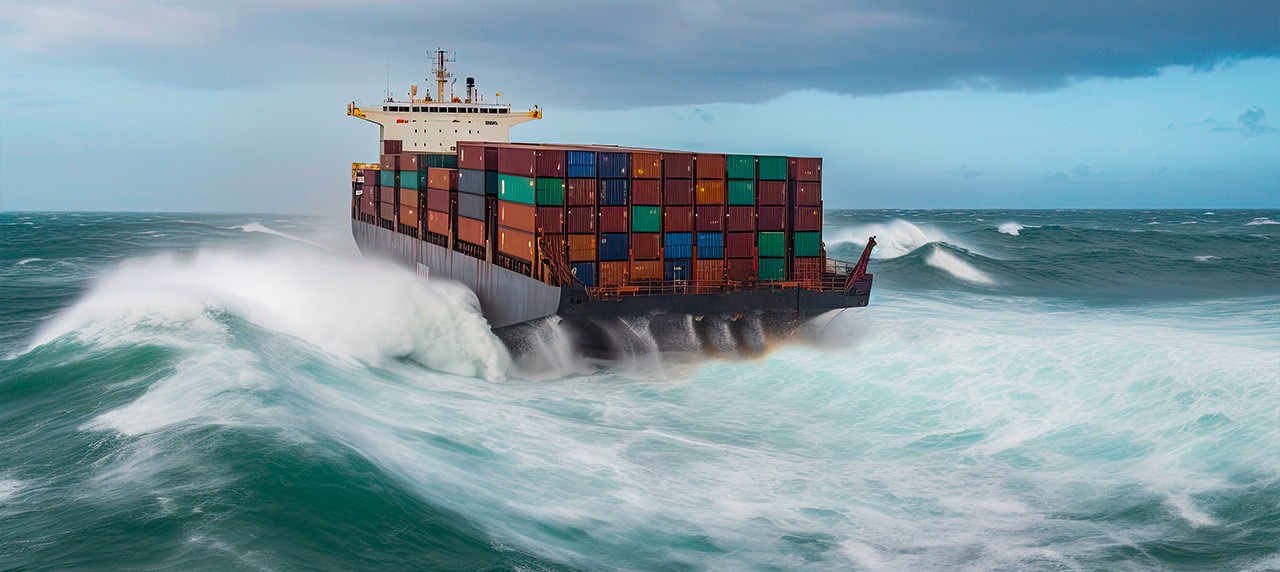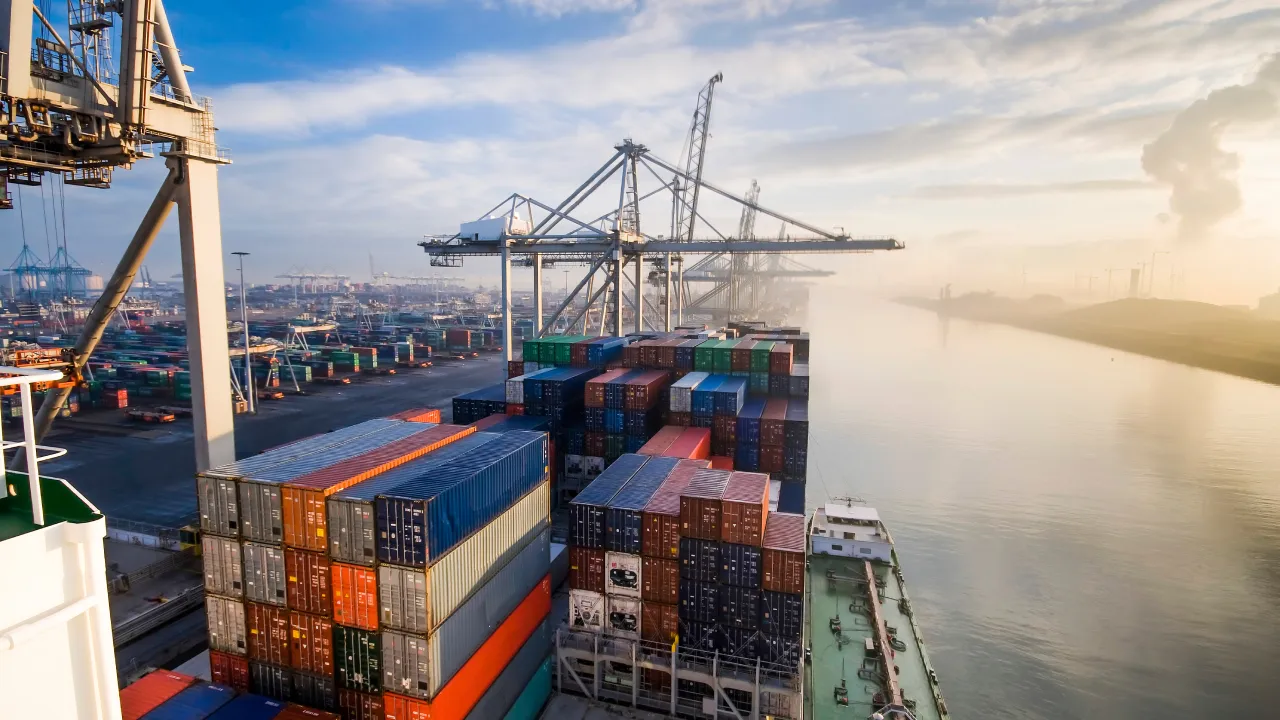
Marine cargo shipping is a fundamental aspect of international trade, facilitating the movement of goods across oceans and connecting businesses worldwide.
However, this complex and vital process comes with inherent risks. To protect against these uncertainties, marine insurance plays a crucial role in ensuring the security of goods in transit.
In this article, we will delve into the importance of marine insurance, how it works, the different types available, and why it is a wise investment for businesses involved in the shipping industry.
What is Marine Insurance?
Marine insurance is a specialized type of coverage that safeguards cargo against loss or damage during transit via ocean and land, including loading and unloading, transportation to and from port terminals, and storage periods at ports. It provides financial protection to businesses, helping them mitigate the potential risks associated with shipping goods across vast distances.
How It Works?
When a business purchases marine insurance, it enters into a contractual agreement with an insurance provider. The insurer assesses the cargo’s value, the transit route, and the potential risks involved. Based on this evaluation, the insurer offers a premium for coverage. In the event of any unforeseen incident, such as theft, accidents, natural disasters, or fires, the policyholder can file a claim. The insurer then compensates the policyholder for the loss or damage suffered, subject to the terms and conditions of the policy.
Different Types of Marine Insurance

Several types of marine insurance cater to different aspects of the shipping process:
- Marine Cargo Insurance: This type of insurance covers the physical loss or damage to cargo during transit
- Hull Insurance: Hull insurance covers the vessel’s hull and machinery against damage, loss, or total loss
- Freight Insurance: Freight insurance protects against the loss of expected revenue due to cargo damage or loss
What is COGSA?
COGSA stands for the Carriage of Goods by Sea Act. It is an international convention that governs the rights, liabilities, and responsibilities of carriers and shippers in the transportation of goods by sea. COGSA was established to provide a uniform set of rules for the international carriage of goods by sea and to promote standardization and clarity in maritime shipping contracts.
Carrier’s Responsibilities
The carrier is responsible for the proper and careful handling, loading, stowage, carriage, care, and discharge of the goods.
According to COGSA, a carrier possesses seventeen (17) distinct statutory defenses in cases where a package is lost or its contents are destroyed while under the carrier’s care, custody, and control. COGSA §4(5) enables the carrier to potentially limit their liability to $500 if such a loss or destruction occurs.
Time-Bar for Claims
COGSA typically establishes a time-bar within which the shipper must bring any legal action against the carrier for loss or damage to the goods. This time-bar is usually one year from the date of delivery or the date when the goods should have been delivered.
The specific set of rules that govern a particular shipment will depend on the terms of the contract and the applicable laws and regulations of the involved countries.
Why Should You Buy Marine Insurance?

The decision to purchase marine insurance is a prudent one for businesses involved in cargo shipping. Some key reasons include:
- Risk Mitigation: It protects against unforeseen events that can result in significant financial losses, offering peace of mind to businesses
- Compliance and Legal Requirements: In many cases, marine insurance is mandatory under international conventions and national laws
- Credibility and Assurance: Having it demonstrates a commitment to responsible business practices, enhancing credibility with stakeholders
- Global Trade Facilitation: It ensures smoother international trade by mitigating potential disruptions and delays
How Can a Cargo Insurer Help With Settlements and Litigation Costs?
In the unfortunate event of damaged cargo, a cargo insurer plays a crucial role in facilitating settlements and reasonable resolutions. By offering financial protection, the insurer can negotiate on behalf of the policyholder to reach a fair settlement with the responsible parties, avoiding costly litigation.
Who Requires Our Marine Insurance Solutions?
At Atlantic Project Cargo, we understand the diverse needs of businesses in the shipping industry. Our marine insurance solutions cater to various business types, including importers, exporters, freight forwarders, logistics providers, manufacturers, wholesalers, retailers, and multinational companies.
A Day in the Life of Atlantic Project Cargo: Port Operations
The Required Basic Information
To provide competitive cargo quotes and suitable marine insurance coverage, we require the following information:
- Type of cargo being shipped
- Annual insured values and/or gross sales
- Origin and destination of the cargo
- Conveyance type, including the carrier’s name
- Packing details
- Insuring terms and conditions
- Loss history, if applicable
Marine cargo shipping insurance is an indispensable tool for businesses engaged in international trade. By securing coverage, businesses can navigate the uncertainties of the shipping industry with confidence, knowing that their valuable cargo is protected throughout its journey. At Atlantic Project Cargo, we are committed to meeting the diverse cargo insurance needs of our customers, ensuring the safe and smooth transportation of goods across the ocean.
Read More



